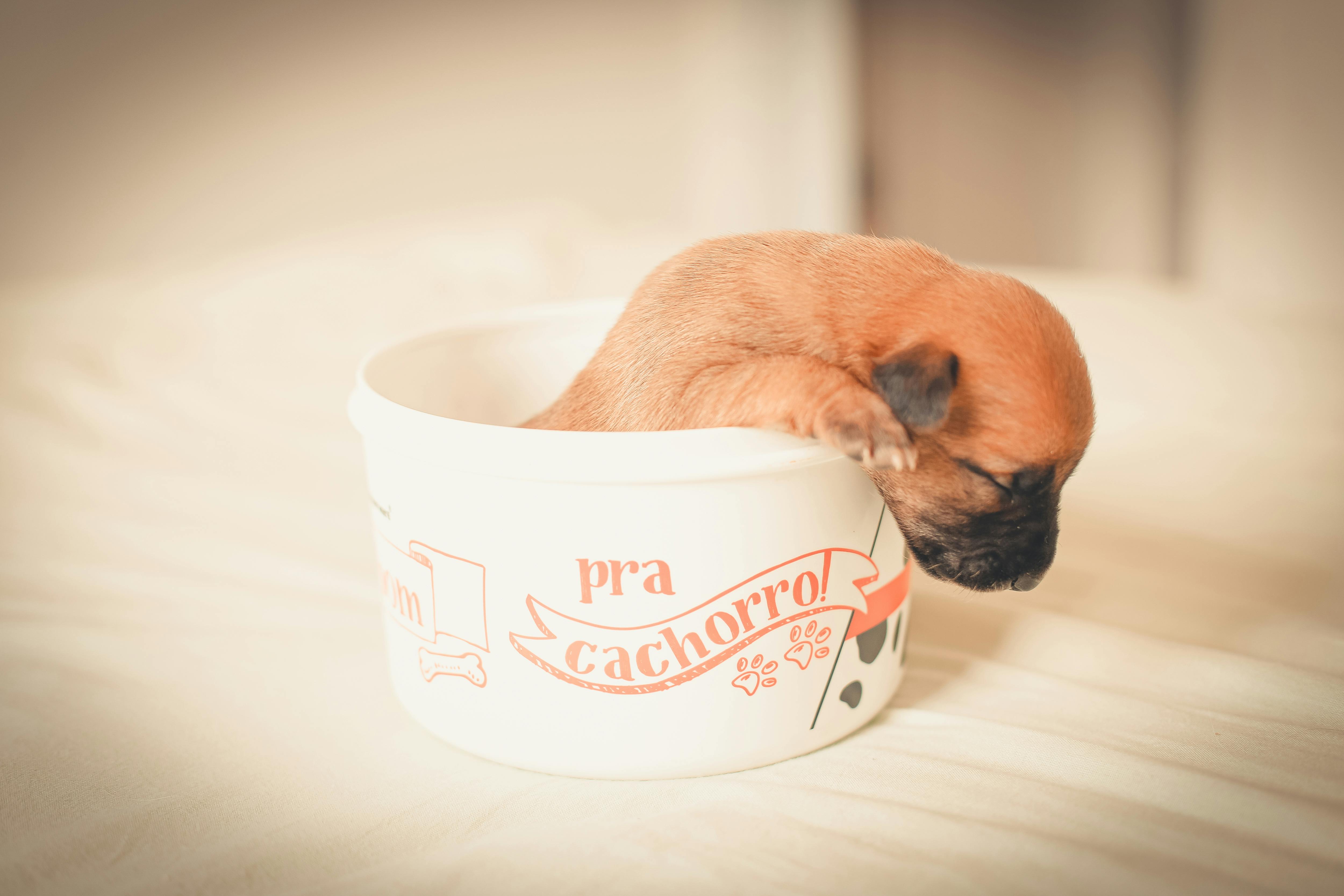Have you ever wondered what the differences are between farm fresh eggs and those clean white eggs you buy at the supermarket? As people become more attuned to what they eat, this question comes up more than fleas on a raccoon.
Shell color is really a matter of personal preference as the only difference is a bit of pigmentation (there are even breeds of hens that lay blue and green eggs!). For a small farm, it is more economical to breed a dual-purpose breed (one that is good at laying eggs and is also a good meat bird). As it happens, most dual-purpose breeds lay brown eggs. Commercial egg farms are only interested in the eggs, not the meat, and the most prolific layers produce white eggs. So, you see, the color of the shell has nothing to do with the nutritional value.
Two main things contribute to the health benefits of eggs. One is what goes into the hen before the egg is created, and two is how that egg is treated after it is laid.
If left to feed on its own, a hen would eat an insect rather than a blade of grass. Chickens are omnivorous creatures by nature, and yet the big egg companies like to brag about their “grain-fed” birds. They do it because first, it sounds good and second, it sells their product because most people don’t know the difference, but you do the math. What would contribute more nutrients: a variety in the diet or just “cereals”? The proof is in the pan. Farm fresh eggs have a much harder yolk and a thicker white.
Did you know that eggshells are porous? It is true! Fortunately, they’re also naturally coated when laid, to prevent nasty critters like germs from getting into the egg through the shell. This coating also contains antibodies to kill bacteria before they can invade our egg as well. So, that little egg enters this world with all the protection it needs. Why mess with that? Most farmers will clean or lightly rinse an egg when needed, but washing would remove that coating. Commercial farms not only wash their eggs (more than once, from what I’ve heard), but also apparently dip the eggs in a bleach bath 30 times or more, to make them nice and white. So, whoops! They have exposed the shell, so now they coat it with an artificial substance to protect it. I wonder what’s in that! If it’s so good for them, how come farm fresh eggs last 6 months or more and store bought eggs have a 2-3 month expiration date?
Farm fresh eggs have more flavor and are less likely to break the yolk during cooking due to the natural nutrients. If you have trouble making deviled eggs with farm-bought eggs, simply boil the eggs 24 hours before shelling and the shells come off easily. If you have too many eggs, simply crack them open in a bowl, fluff them with a fork, and add 1/2 teaspoon of salt for every 1 cup (250 ml) of egg, then place them in an ice cube tray and freeze the raw egg. One cube equals one egg in your recipe (don’t try to freeze store-bought ones, this only works with fresh eggs).
Should small farmers be replaced by large commercial farms? The opinion of him is expressed in his purchasing power. So which one will it be? Farm fresh brown or factory white?


